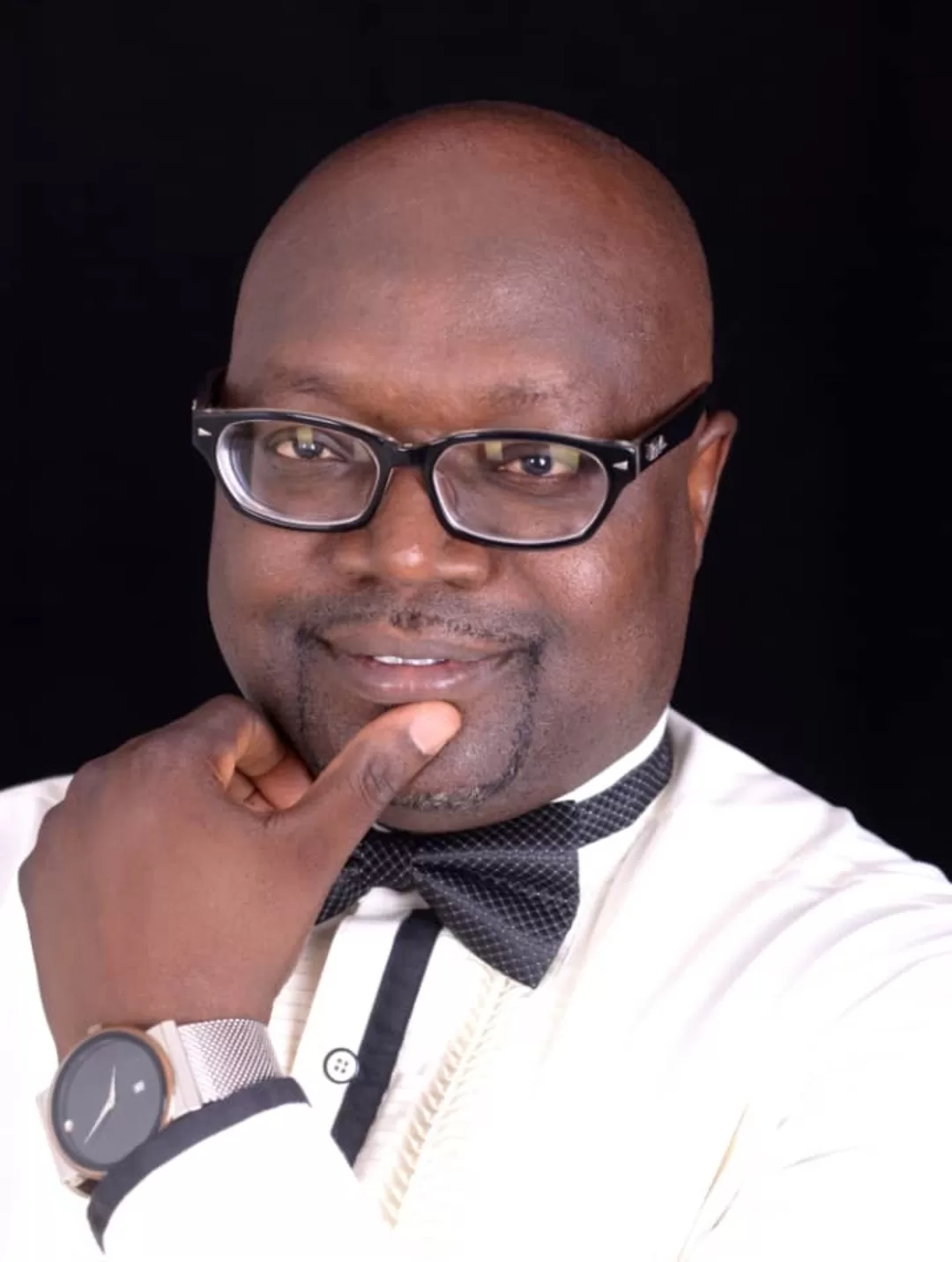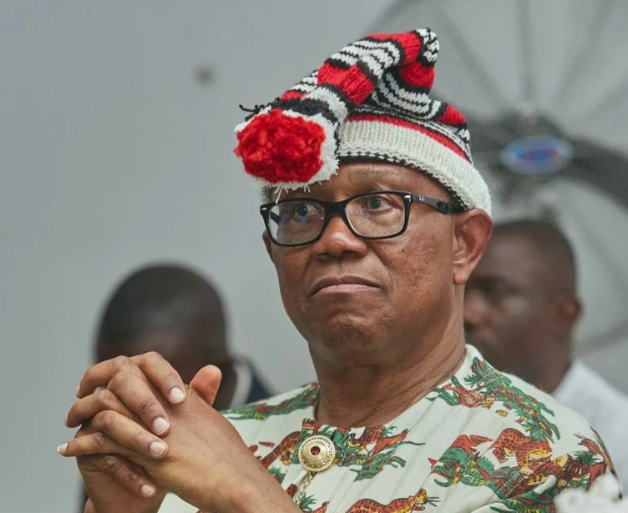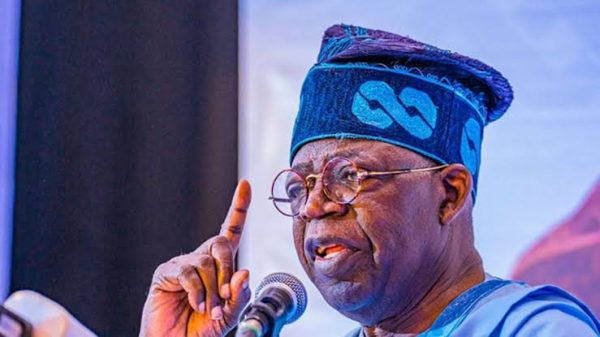The president-elect and the 10th assembly; matters arising

BY AMBROSE IGBOKE
The national assembly leadership in the fourth republic has had its own fair share of chequered history. There has been consistent interference from the Presidency on who becomes the President of the Senate and the Speaker of the House of Representatives. The tenure of President Olusegun Obasanjo, perhaps, witnessed the worst intrusion in the leadership of the National Assembly. Many reasoned that the President engineered the changes in the senate Presidency a record 5 times, from 1999-2007.
Within a period of short 8 years, the Nigerian Senate churned out 9 presidents: Senator Evan Enwerem (3rd June, 1999 – 18th November, 1999), Senator Chuba Okadigbo (18th November, 1999 – 8th August, 2000), Senator Anyim Pius Anyim (8th August, 2000 – 3rd June, 2003), Senator Adolphus Wabara (3rd June, 2003 – 5th April, 2005) and Senator Ken Nnamani (5th April, 2005 – 5th June, 2007). This feat, albeit, retrogressive, was attained by the machinations of the Federal Executive arm of government.
However, one must give it to the government in power then for having a consistent policy of zoning that position to a particular geopolitical zone; the south-east, despite the numerous changes in leadership. Senator David Mark began his tenure on 5th June, 2007 and completed it on 6th June 2015, making him the longest Senate President. This was followed by Senator Bukola Saraki (9th June, 2015 – 9th June, 2019) and Senator Ahmed Lawal (11th June, 2019 till date}. The 24 years of the fourth republic produced a total of 8 Senate Presidents, with 5 of them within the first 8 years.
The House of Representatives also had a bounty of leadership intrigues which many believe, were masterminded by the executive. From 1999-2007, the House had 5 different Speakers; Hon. Salisu Buhari (3rd June – 23rd July, 1999), Hon. Ghali Umar Na’Abba (23rd July, 1999 – 3rd June, 2003), Hon. Aminu Bello Masari (3rd June, 2003 – 6th June, 2007), Hon. Patricia Etteh (6th June, 2007 – 30th October, 2007) and Hon. Dimeji Bankole who started his tenure on 1st November, 2007. After this period the House seemed to have had a stable leadership. Hon Dimeji Bankole (1st Nov. 2007 – 6th June, 2011), Hon. Aminu Tambuwal (6th Jube 2011 – 29th May, 2015), Hon. Yakubu Dogara (9th June, 2018 – 9th June, 2019) and Hon. Femi Gbajabiamila (12th June, 2019 till date), have all enjoyed the full complement of their tenure. In the 24th year of democratic process in the fourth republic, Nigeria has produced a total number of 8 Speakers of the House of Representatives.
The high number of leaders of the National Assembly has been attributed to the quest by the executive arm of government to control the legislature. This is particularly the case in Africa where Presidents, firstly see themselves as absolute rulers than first among equal citizens. Because of these assumptions of absolutism, African leaders crave to control and micromanage every spectrum of governance and appropriate the leadership of democratic organs by proxy. This has created eternal wars between the legislature, which is an independent arm of government and an executive arm which feels that all arms of government should be under its control despite the constitutional provisions.
Every President, through subtlety, lobby, pressure or outright brutal maneuvering, tries to install the leadership of the national assembly. Hitherto, past presidents cajoled their party leadership to zone the positions of leadership in the legislative arms to particular zones then lobby the legislators of those zones to vote for a particular candidate as president and speaker respectively. This is usually done behind closed doors. The results of these negotiations were not disclosed but remain mere grapevine until the Senate and House of Representatives elect their leaders.
The President-elect Asiwaju Bola Ahmed Tinubu, has introduced new dimensions to the intrigues of electing leaders of the 10th national assembly. In a clear departure from the routine of his predecessors, BAT clearly showed that he has no time for the niceties, including the long hours and days deployed by his predecessors to lobby and cajole elected legislators; he went straight for the jugular. In what seems like a script from a mafia movie, the All Progressive Congress zoned the positions of the Senate President and the Speaker of the House of Representatives, that seemed normal. However, the party did not stop there, it also named Senator Godswill Akpabio as the Senate President and Hon. Tajudeen Abbas as the Speaker in deference to the choice of Tinubu.
Nigerians have reacted differently to this new phenomenon. Some argue that the president-elect has a right to choose the people he wants to work with. To these set of people, they seem not understand the basic tenets of the principle of separation of powers in a democratic system. They are stuck in the ways of dictators. They prefer the shackles of a benevolent dictator to the freedom of a true democracy. They make excuses for the excesses of the dictator until they become victims. Perhaps, this set of people need some schooling in democracy.
The positions of the Senate President and House Speaker are elective positions, where members of parliament elect their own leaders. It is not a ministry, department or agency of government where the president has the constitutional power to appoint or fire the heads of such institutions. It is therefore, democratically retrogressive to accede the powers of the Senate and House of Representative to the President of the Federal Republic. It is indeed a dangerous precedent.
The brazen effort to “appoint” the leadership of the national legislature by the President-Elect is a bold step to completely erode the independence of the legislature. If that is allowed to stand, we shall have an executive arm which will operate without any checks and balances. Naturally, absolute power, corrupts absolutely. Nigeria cannot afford to retrogress after 24 years of democratic progress.
It is granted, that the President-elect wants a rancour-free relationship between the executive and legislature when he assumes office but appointing the leaders is not the solution. There should be broad consultations with members of the ruling party as well as other political parties that have elected members in the national assembly. Democracy is all about negotiations of interest and a democratic leader should lobby his way through and not with the use of force.
The APC can spare the country of this needless distractions by simply coming together as a political party to accommodate all shades of opinions. A situation where a particular geo-political zone is completely disregarded causes disaffection. The disagreement by a high-ranking member of the APC and current House Deputy Speaker; Hon. Idris Wase, is a pointer that there was not enough consultation and consensus among members of the party on the choices made by the President-elect and announced by the national working committee of the party.
Many within the party, like Wase, are not aligning with the choices made. It will be recalled that in 2015, the inability of the APC to quickly get its acts together on the issues concerning the leadership of the national assembly led to the emergence of a member of the opposition party as deputy senate president. Is APC walking the same path as it did in 2015? Time will tell.
Ambrose Igboke is the Chairman, Guild of Public Affairs Analysts of Nigeria, Enugu State Chapter. He is a Fellow of Institute of Chartered Mediators and Conciliators, Public Relations Expert and a Global Social Commentator.


